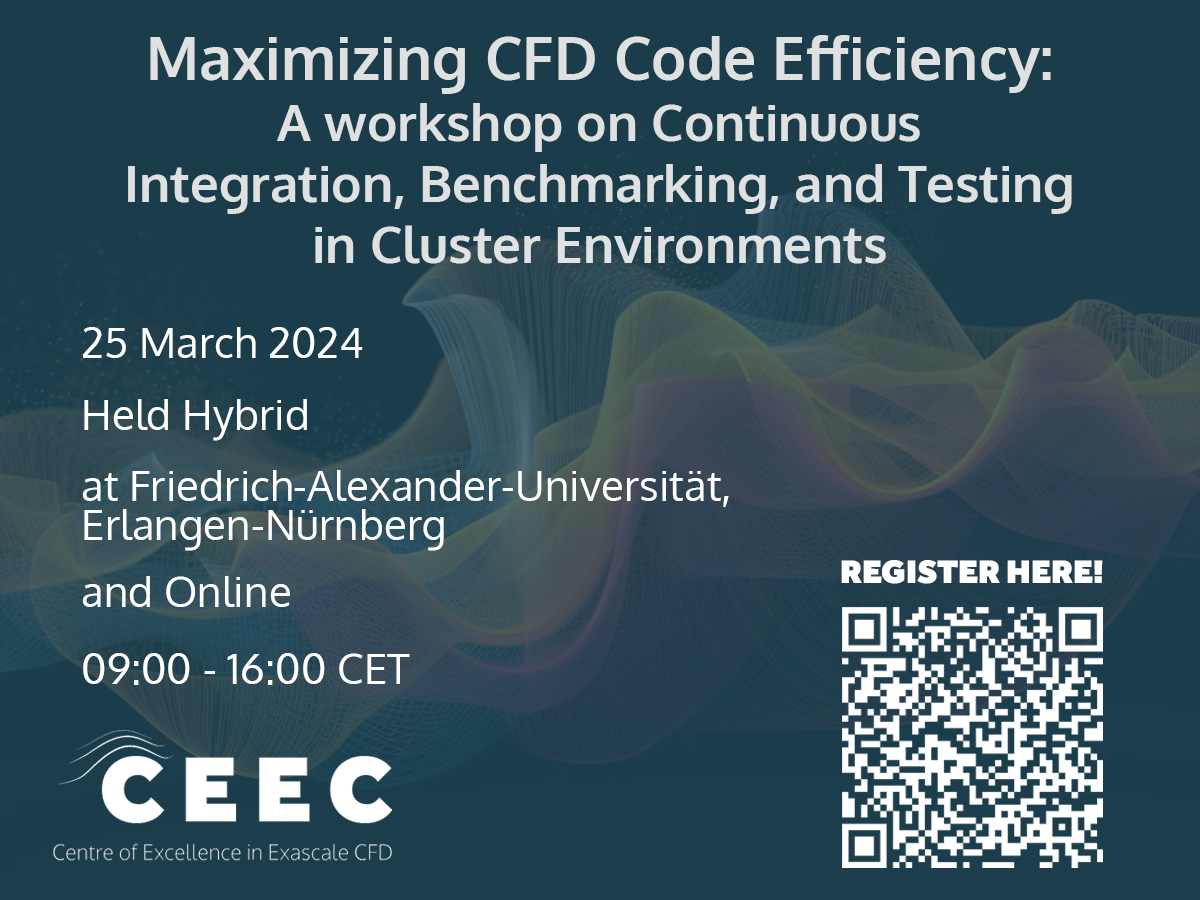Sustainable and Reliable Computing with Tools: Analyzing Precision Appetites of CFD Applications with VerifiCarlo
Energy consumption constraints for large-scale computing encourage scientists to revise the architecture design of hardware but also applications, algorithms, as well as the underlying working/ storage precision. I will introduce an approach to address the issue of sustainable, but still reliable, computations from the perspective of computer arithmetic tools. We employ VerifiCarlo and its variable precision backend to identify the parts of the code that benefit from smaller floating-point formats. Finally, we show preliminary results on proxies of CFD applications.

